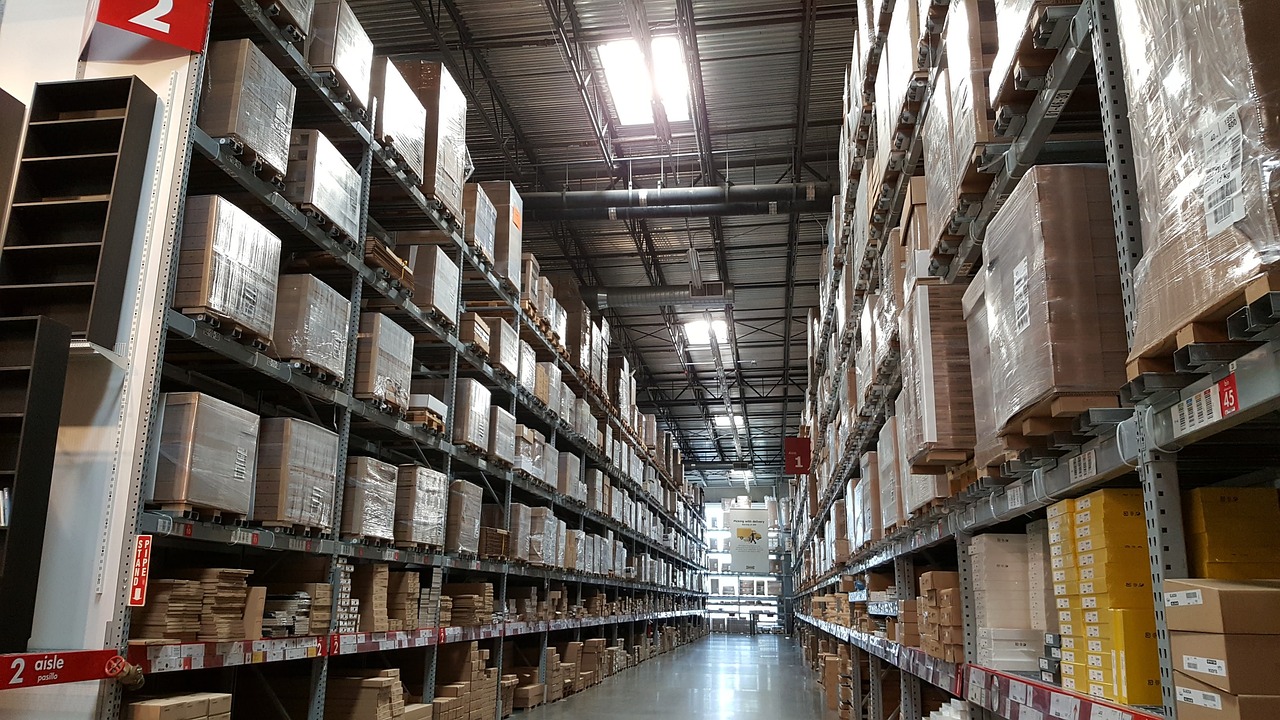Over half of the UK’s largest businesses have committed to eliminating their contribution to carbon emissions by 2050.
Order fulfilment company The Storage Place is flying the flag for the logistics industry as one of the first to become carbon-neutral, cementing British businesses as leaders in moving to a carbon-neutral future.
As part of its Carbon Reduction Plan, the order fulfilment brand has introduced electric vehicles. This follows the UK government’s announcement of petrol and diesel cars being banned from sale after the year 2030 in a bid to reach zero emissions by 2050. The Storage Place has set out its own goals of halving its carbon emission by the year 2030.
Paul Griffiths, Managing Director of The Storage Place, said: “Transport is responsible for 24% of direct carbon dioxide (CO₂) emissions and naturally, transport is a vital part of order fulfillment for brands. High-quality service for our clients is our fundamental priority and sustainability comes hand-in-hand with this.
“By having an electric delivery fleet, we are contributing to quieter cities and cleaner air as well as lower carbon emissions.”
The Storage Place has also received its carbon-neutral status in response to offering clients the option of eco-friendly packaging.
Paul said: “One of the main issues with non-environmentally friendly packaging is its manufacturing process. Not only is the majority of plastic created by refining crude oil, but the degradation process is similarly harmful. As plastic degrades over hundreds of years, they can also release toxic substances such as bisphenol A, which can disrupt the hormonal systems of animals.
“There are a number of rules that packaging must adhere to in order to be labelled as eco-friendly such as being manufactured using clean production techniques, made from materials which remain non-toxic throughout its lifecycle, and sourced, manufactured, transported and recycled using renewable energy.”
The Storage Place has also previously offered clients the opportunity to offset their carbon footprint through tree planting. Carbon offsetting offers a cost-effective way for businesses to manage their environmental impact, creating a benefit for the planet and supporting Earth’s natural filtration systems. Currently, carbon offsetting projects are based on the conservation of existing forests via companies which businesses can work with to offset carbon emissions. With a range of partnership options available, businesses of all sizes have the opportunity to offset their carbon emissions via tree planting.
For more information, visit www.thestorageplace.co.uk/
